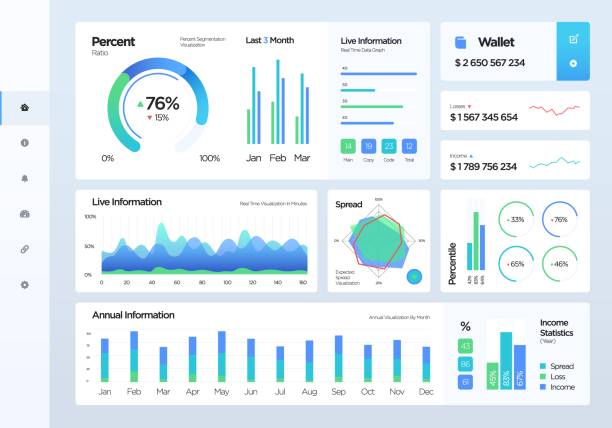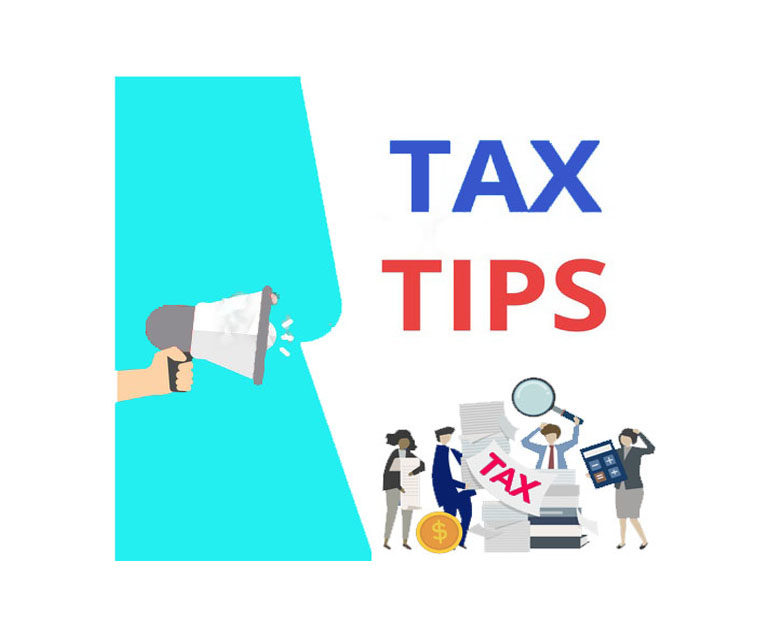AML – Anti-Money Laundering
Anti-money laundering rules have been coming in over the last couple of years and slowing affecting more and more industries. AML may or may not apply to the industry that your business is in however, you will come across this as soon as you engage an accountant or open a new bank account. You might need to meet new rules to detect and prevent money laundering and the financing of terrorism if you’ll be doing one or more of these tasks:
- managing money or assets for clients – financial advisors
- providing trust or company services – lawyers and accountants
- selling real estate – real estate agents and lawyers
- providing conveyancing services – lawyers
- handling large amounts of cash. – Banks
The rules affect the records you will need to keep and how you must ID customers. What do businesses need to do? Section 5 of the Act requires you to do:
- Risk Assessment of the money laundering and financing of terrorism that you could expect in the course of running your business
- An AML/CFT Program that includes procedures to detect, deter, manage and mitigate money laundering and the financing of terrorism
- A Compliance Officer appointed to administer and maintain your AML/CFT program
- Customer Due Diligence processes including customer identification and verification of identity
- Suspicious Activity Reporting, Auditing and Annual Reporting systems and processes.
Codes of practice and guidelines have been released to help you determine what your obligations are and how you can meet them. There are several levels of Customer Due Diligence which include:
- Standard CDD
- Enhanced CDD
Standard CDD – Usually Individuals and NZ Companies. When undertaking standard CDD, information that must be obtained includes: (a) the person’s full name; and (b) the person’s date of birth; and (c) if the person is not the customer, the person’s relationship to the customer; and (d) the person’s address or registered office; and (e) the person’s company identifier or registration number; and (f) any information prescribed by regulations. You must do this for your customer, any beneficial owner of your customer and any person acting on behalf of your customer. Enhanced CDD – Usually TrustsWhen undertaking Enhanced CDD, you must obtain:(a) The above standard CDD(b) Source of wealth or source of funds(c) Trust Deed(d) Sale & Purchase agreements(e) Loan documentation(f) Check the department of internal affairs website for more information. AuditsThe DIA doesn’t have a list of approved auditors however they should be suitably qualified to be able to conduct the Audit.
What does an independent audit involve?
The AML/CFT Act requires that:
- An independent audit must be conducted every 2 years (or earlier if required by your supervisor).
- The auditor must be independent and appropriately qualified to conduct the audit. This does not necessarily mean the person has to be a chartered accountant or qualified to undertake financial audits.
- The auditor must not have been involved in the establishment, implementation or maintenance of the reporting entity’s AML/CFT programme; or the undertaking of the reporting entity’s risk assessment.
- An AML/CFT audit does not have to meet auditing and assurance standards set by the External Reporting Board (XRB).
Your independent audit is a systematic check of your risk assessment and program by an independent and suitably qualified person. It should advise whether:
- you meet the minimum requirements for your risk assessment and program;
- your program was adequate and effective throughout the specified period; and
- whether any changes are required.
Check the DIA for up to date information requirements on the industries requiring AML checks, the information required to collect and when audits are required to be completed. Other industries may be required to collect AML info depending on the services that you offer – these can include bookkeepers etc.








